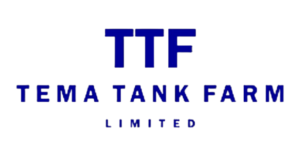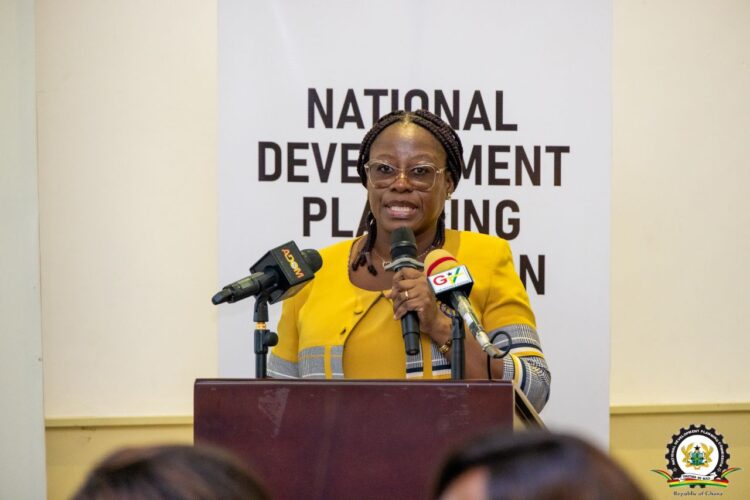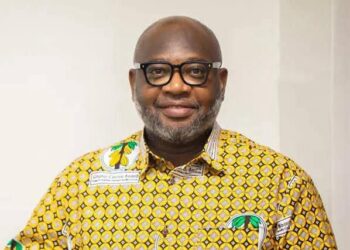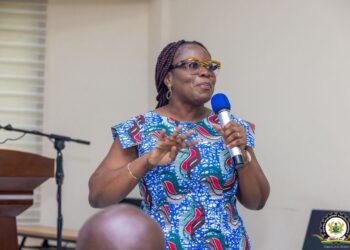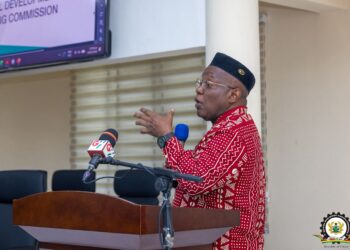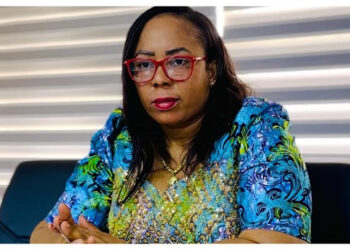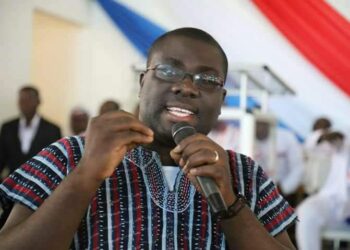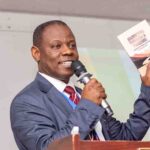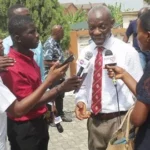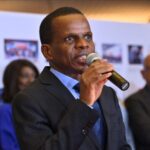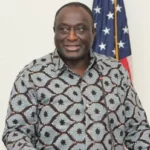The Director-General of the National Development Planning Commission (NDPC), Dr. Audrey Smock Amoah, has called for a stronger, more coordinated national approach to tackling Ghana’s human capital challenges.
Speaking at the Inter-Ministerial Coordinating Committee meeting on Ghana’s National Human Capital Development Strategy (HCDS) in Accra on Thursday, November 20, 2025, Dr. Amoah emphasised that the country’s long-term socio-economic transformation hinges on its ability to develop, empower, and retain a productive workforce.
“Ghana’s quest for socio-economic transformation cannot be divorced from its commitment to human capital development,” she said. “With the emergence of artificial intelligence (AI) and rapid technological change, Ghana has no option but to strategically invest in its people to build the skills, competencies, and capabilities needed to drive innovation and sustainable national development.”
Dr. Amoah highlighted several pressing challenges, including demographic pressures, persistent labour-market mismatches, the continuous outflow of skilled professionals, and fragmentation across sectors. She noted that addressing these issues requires strong, coordinated leadership across ministries and agencies.
“The urgency of this strategy cannot be overstated. We are confronted with demographic pressures, labour-market mismatch, an ongoing outflow of skilled Ghanaians, and increasing fragmentation across sectors. These challenges make coordinated ministerial support not just desirable but absolutely necessary,” she stressed.
She reiterated NDPC’s call for robust multi-sectoral collaboration involving government institutions, industry, academia, and research organisations to drive the HCDS forward.
Co-Principal Investigator and Country Research Manager at Thrive, Dr. Kwabena Tandoh, described the HCDS as a transformative blueprint for national progress from 2026 to 2057. He underscored priority areas such as early childhood development, quality education reforms, strengthened parental engagement, improved teacher motivation, and integrated health and social programmes.
He noted that while Ghana is gaining recognition as a regional leader in early childhood development, significant bottlenecks remain. Dr. Tandoh emphasised that the strategy aims not only to advance economic growth but also to promote equity, empowerment, and locally driven solutions.
Principal Planning Analyst at NDPC, Mr. Peter Porekuu, outlined the core components of Ghana’s Human Capital Development Strategy. He stressed the importance of building a modern workforce equipped with critical thinking, STEM competencies, and the skills required for the Fourth Industrial Revolution.
According to him, the strategy involves reviewing existing policies, addressing misalignments, and ensuring that training and education systems respond effectively to industry needs. He also identified key national challenges such as weakening family systems, rural–urban inequalities, skills mismatches, infrastructure deficits in emerging regions, gender and pay disparities, cultural barriers, and the persistent brain drain.
The HCDS places strong emphasis on improving learning outcomes, health, skills development, and productivity. It aligns with the President’s Resetting Ghana Agenda, which prioritises rebuilding the foundations of the economy, strengthening institutions, restoring productivity, and ensuring that people remain at the centre of national development.
Thursday’s meeting marks an important step in strengthening coordination across key sectors, including education, health, jobs, and social protection, and advancing a unified strategy to accelerate Ghana’s human capital development.
